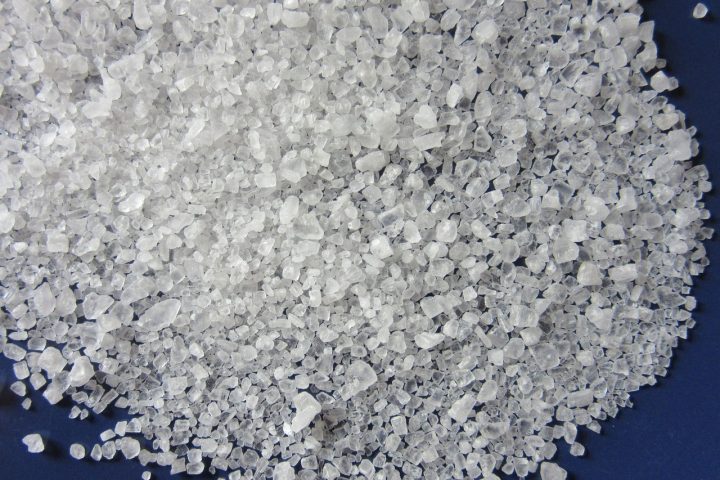Scientists have developed a new material from a mineral abundant on Mars that they claim could enable sustainable settlement on the Red Planet.
Researchers have assessed the potential of a type of nanomaterial – ultra-small components thousands of times smaller than a human hair – for use in clean energy production and building materials on Mars.
The study, published in the scientific journal Advanced Functional Materials, found that the material, which NASA usually considers a waste product, can be recycled to provide clean energy and sustainable electronics.
Mars is known to have vast deposits of the mineral gypsum (calcium sulfate) and is believed to contain most of the Red Planet’s primordial water content.
read more:
- The 6 events that scientists finally solved the mystery of in 2023
- The collision that shaped the Earth!
Several NASA-funded research programs are investigating the use of drying gypsum to create water vapor and a waste material known as anhydride.
In this research, scientists developed a new method to extract water from gypsum on Mars, revealing that the waste product, anhydrite, could be further processed to sustain and support future colonization of the planet.
The team, including experts from the University of Sussex in the UK, processed the anhydride into nanobelts and showed that they can provide clean energy and sustainable electronic devices.
“Unexpectedly, anhydride nanobelts have “semiconducting and insulating behaviors” along with “remarkable electronic properties,” the study said.
“Our work can take rock fragments that are essentially considered waste and turn them into transformative nanomaterials for a range of applications, from creating clean hydrogen fuel, to developing a transistor-like electronic device, to creating additives to improve the strength of textiles,” Conor Boland, lead author of the study, said in a statement.
At every stage of the process, the researchers also demonstrated that the water used can be continuously collected and recycled.
“We are optimistic about the feasibility of this process on Mars because it only requires materials that occur in nature, so everything we use could theoretically be replicated on the Red Planet,” Dr. Boland said. This is probably the most important goal to make the Mars colony sustainable from the start.”
Mars has an abundant supply of the mineral calcium sulfate, and this study showed that the resources could be the basis for transformative nanomaterials with the potential to support future space exploration.
taken as a summary: https://www.independent.co.uk/space





